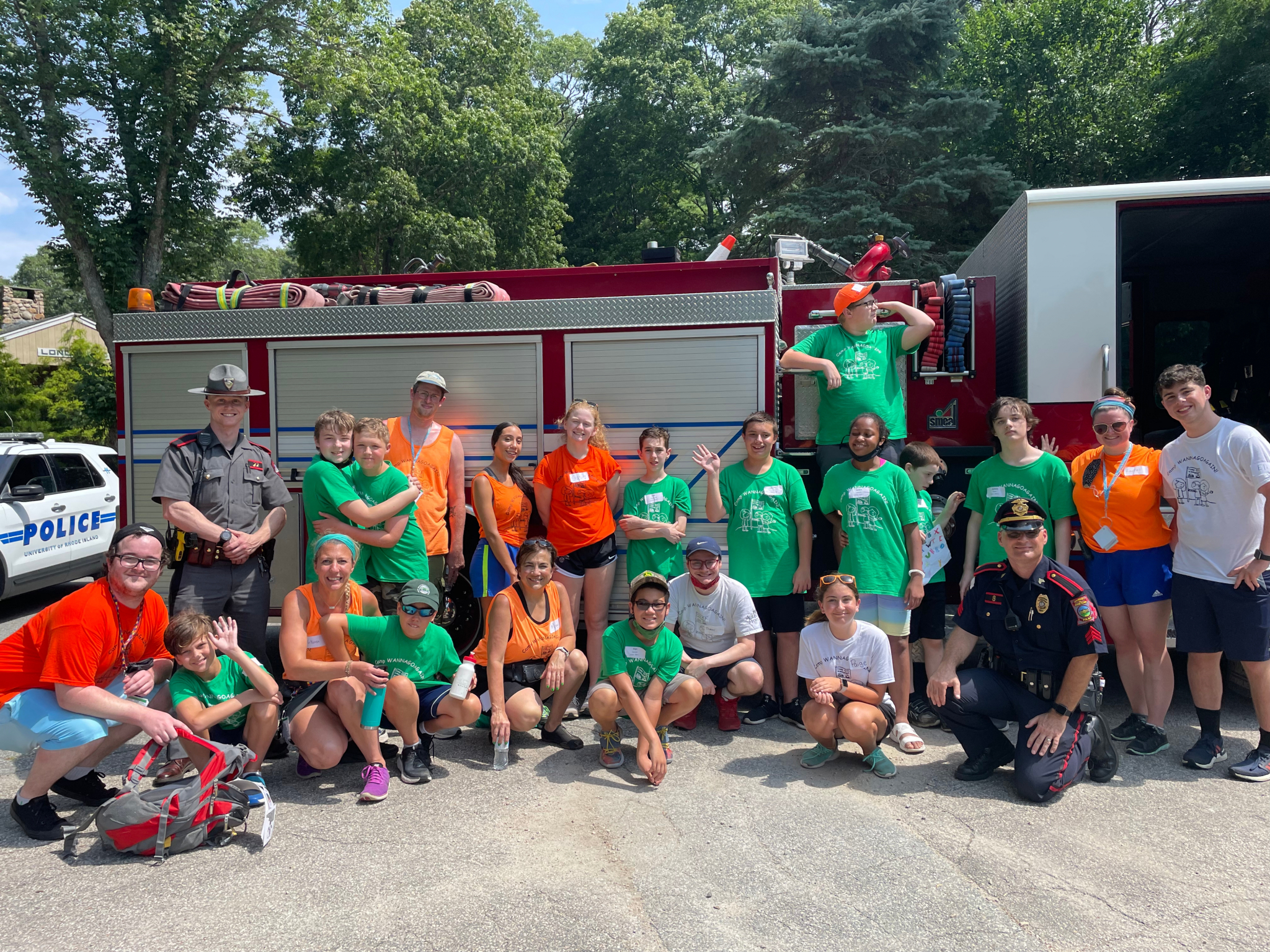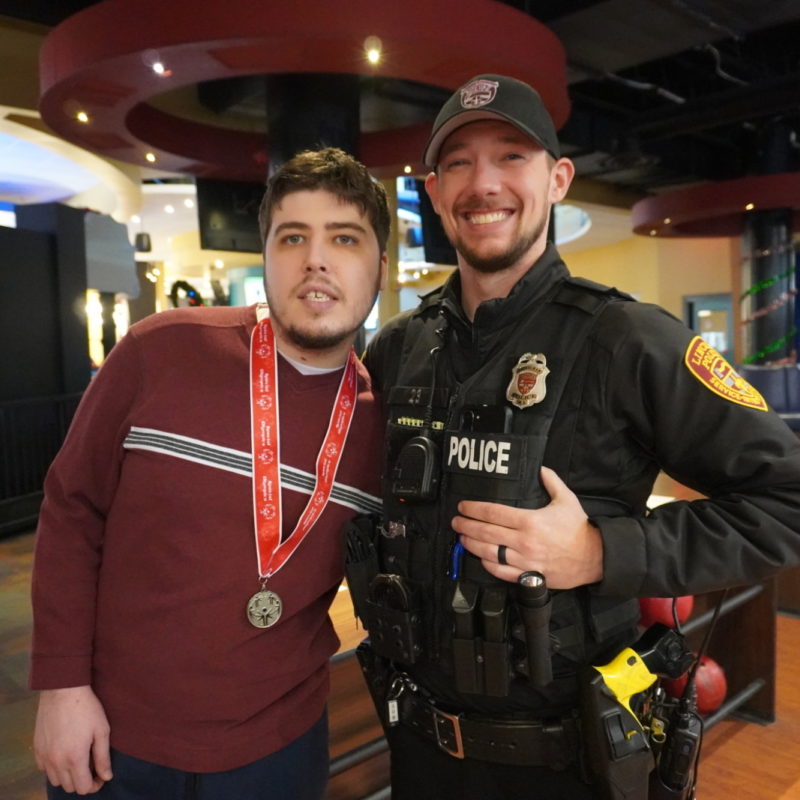Stats at a glance (National Autism Association, 2021)
- More than one third of ASD children who wander/elope are never or rarely able to communicate their name, address, or phone number.
- Two in three parents of elopers reported their missing children had a “close call” with a traffic injury.
- Wandering was ranked among the most stressful behaviors by 58% of parents of elopers.
There are potentially thousands of Rhode Island police officers, firefighters, and emergency medical services personnel who could respond to calls involving autistic individuals that may not have been trained to respond properly on how to respond to these situations. In Rhode Island currently, there are no requirements for law enforcement, fire personnel, or EMTs to receive training for identifying, communicating with, caring for, locating and returning persons with autism or related disorders. However, first responder groups have reached out and requested more training so they are better able to serve their communities. This is the main goal of our work with this DOJ grant.
Over the course of their careers, it is likely that first responders will be called upon in the event of a missing person. It is vital for them to be prepared for such a call by knowing which member of their community might wander, having family contact information, and having a planned response. A step as simple as a meet and greet between first responders and their at-risk community members can make a huge impact on the success of a search and rescue, as well as day-to-day interactions.
Meet & Greet
The Autism Project and the Public Safety Special Needs Coalition are collaborating to host local Meet & Greets for first responders and the community to come together. Meet & greet events are an opportunity to bring communities together in non-stressful circumstance so autistic participants and safety professionals get to meet, build relationships and a better understanding of each other’s needs.

Public Safety Special Needs Coalition (PSSNC)
The Public Safety Special Needs Coalition (PSSNC) provides Sensory Kits to be used on Police, Fire, and Rescue Vehicles at no-cost. Sensory kits include items which can be used on scene during crisis situations to help de-escalate individuals with special needs.
Autism Law Enforcement Education Coalition (ALEC)
- Provides training to police officers, emergency personnel, and firefighters using curriculums and videos specific to each group
- Helps foster a deeper understanding of autism among public safety and law enforcement personnel
- Host training for first responders and open houses at Fire and Police Departments
- Provides training for parents on how to educate their children about emergency and crisis situations
Resources
Autism Society - Safe & Sound
About Autism: Tips for First Responders
If A Person With Autism is Missing
Meet The Police Form
Wallet Card for Disclosure to First Responders and Law Enforcers
Visual Supports and Resources to Engage Autistic People and Their Family Members - First Responder/Medical
Hosting a Sensory-Friendly Event
International Association of Chiefs of Police (IACP) - Home Safe Connect
Home Safe Connect in an online community that "provides a dynamic, secure, web-based space to promote peer-to-peer learning opportunities" in the hopes of improving responses between law enforcement and individuals with intellectual and developmental disabilities.
Tip Sheets
These tip sheets are a way to gather important information at a glance. These can be helpful for medical appointments, school, and community events.
Things to Know About Me (Tip Sheets)
References
- National Autism Association (2021). Autism & safety facts. National Autism Association. Retrieved from https://nationalautismassociat...


